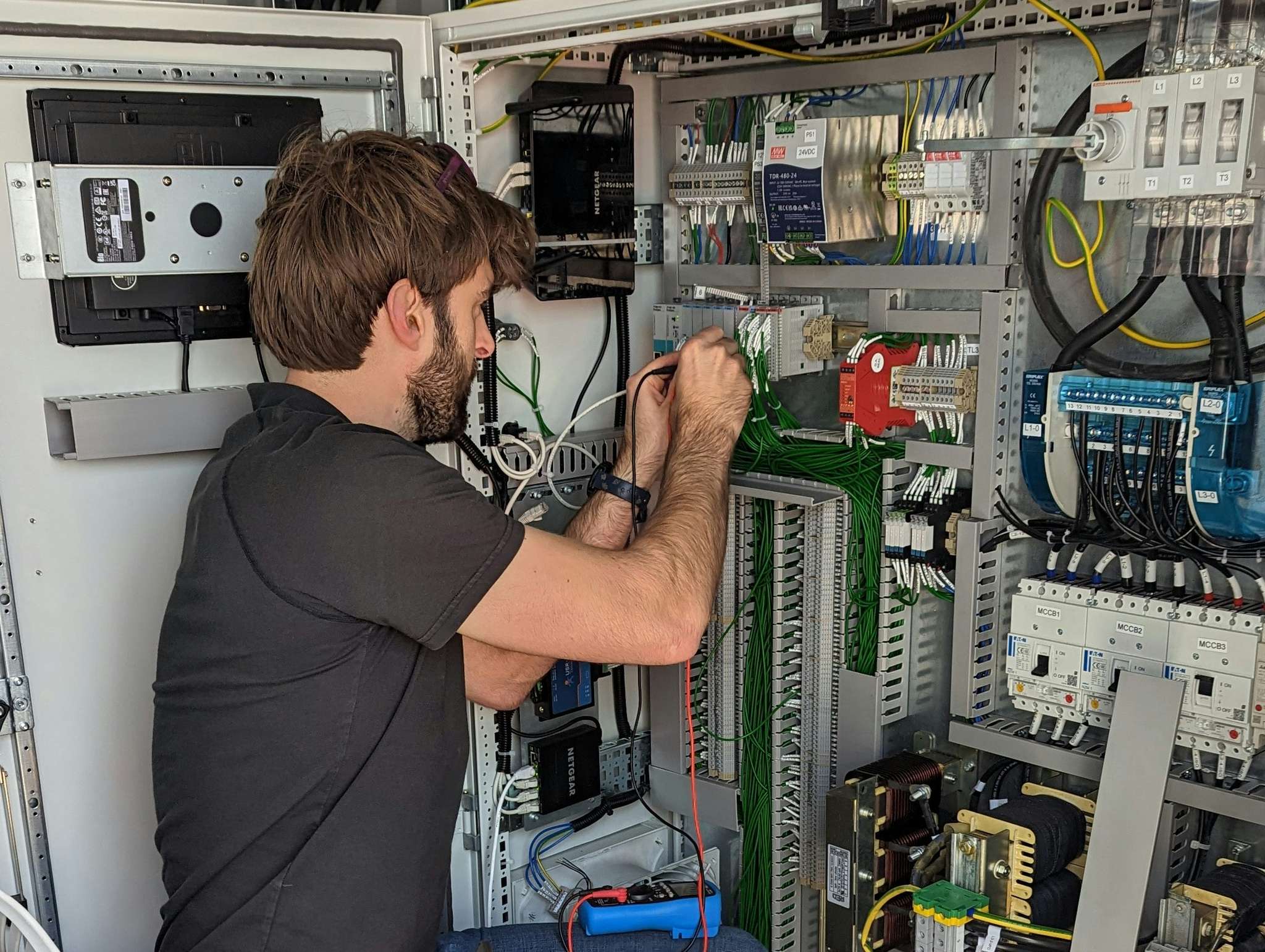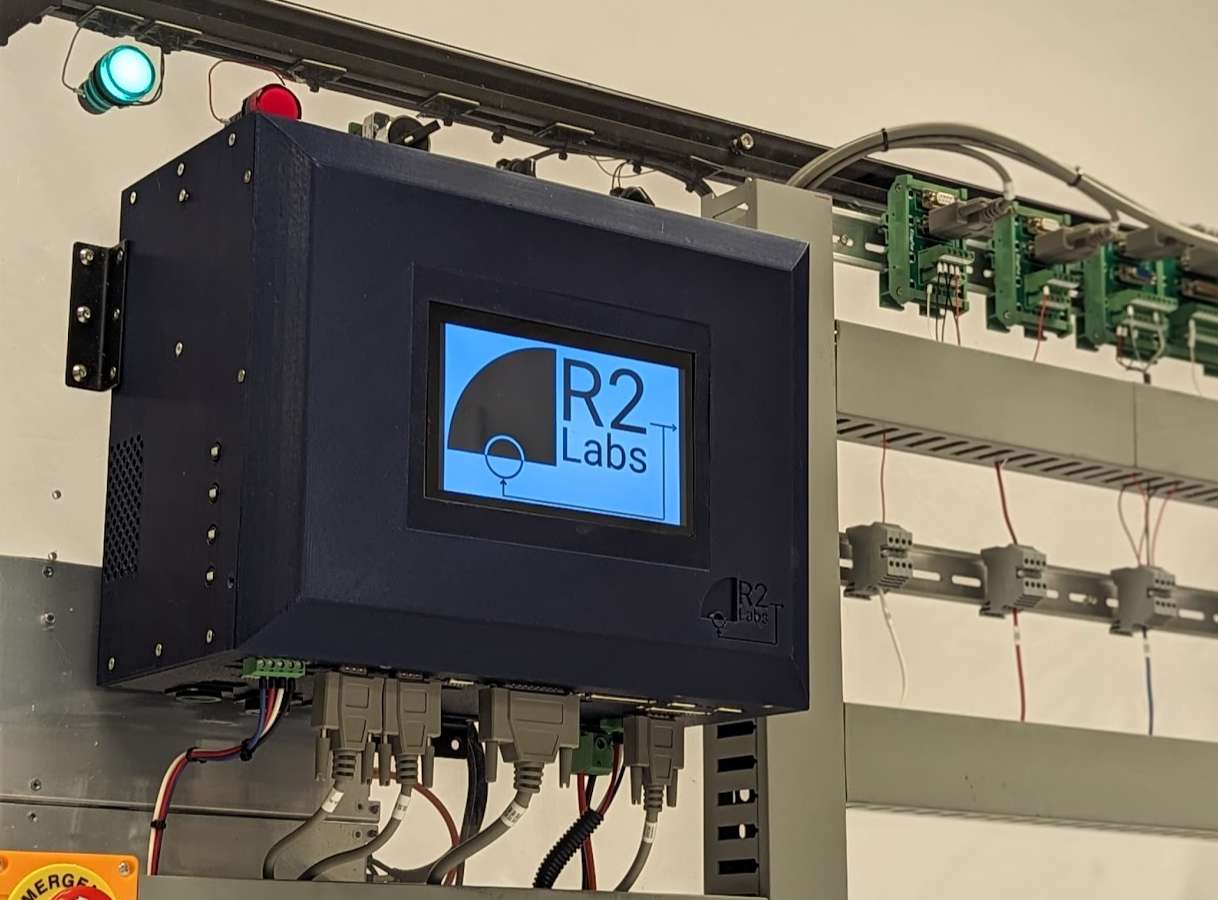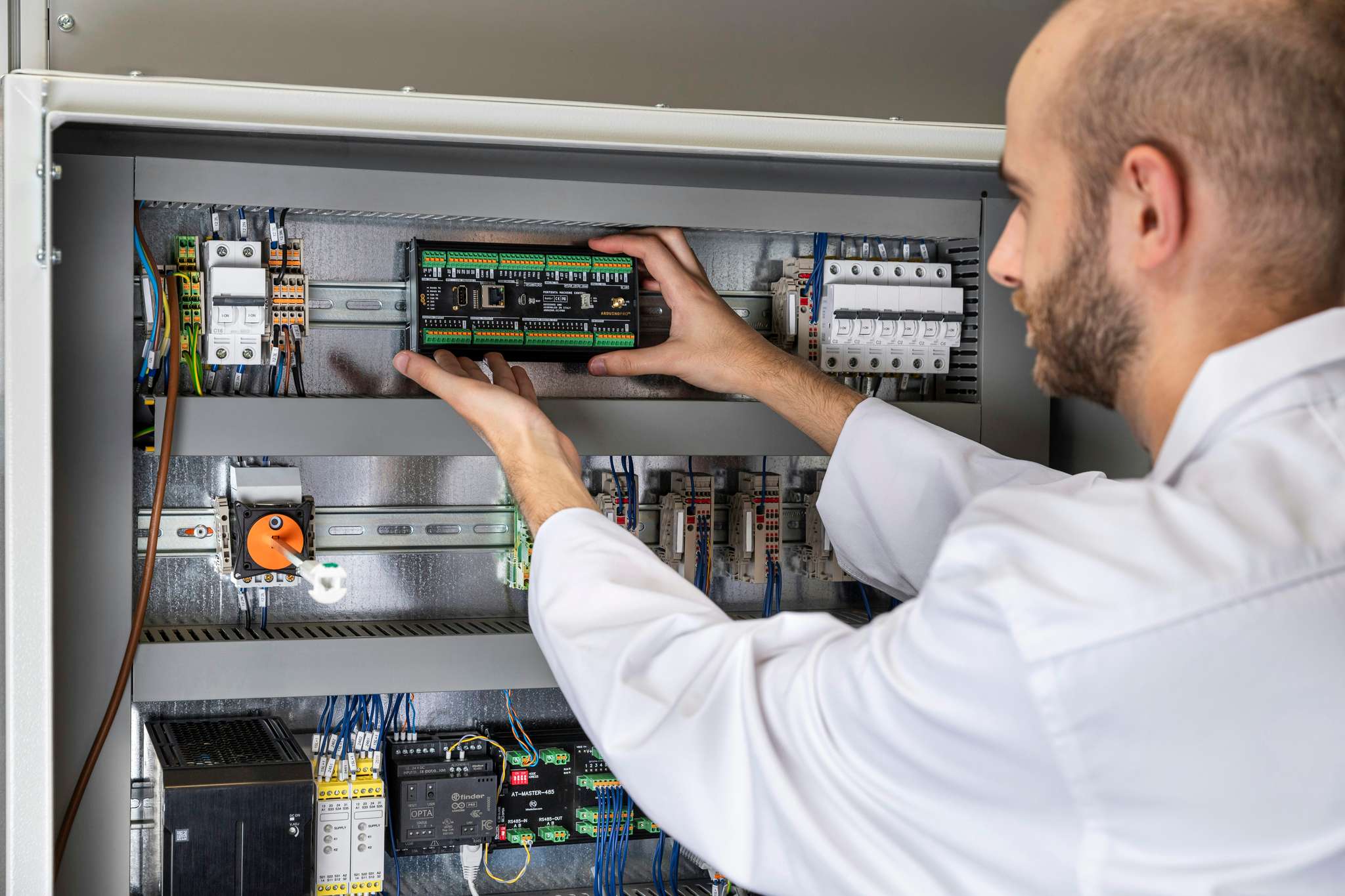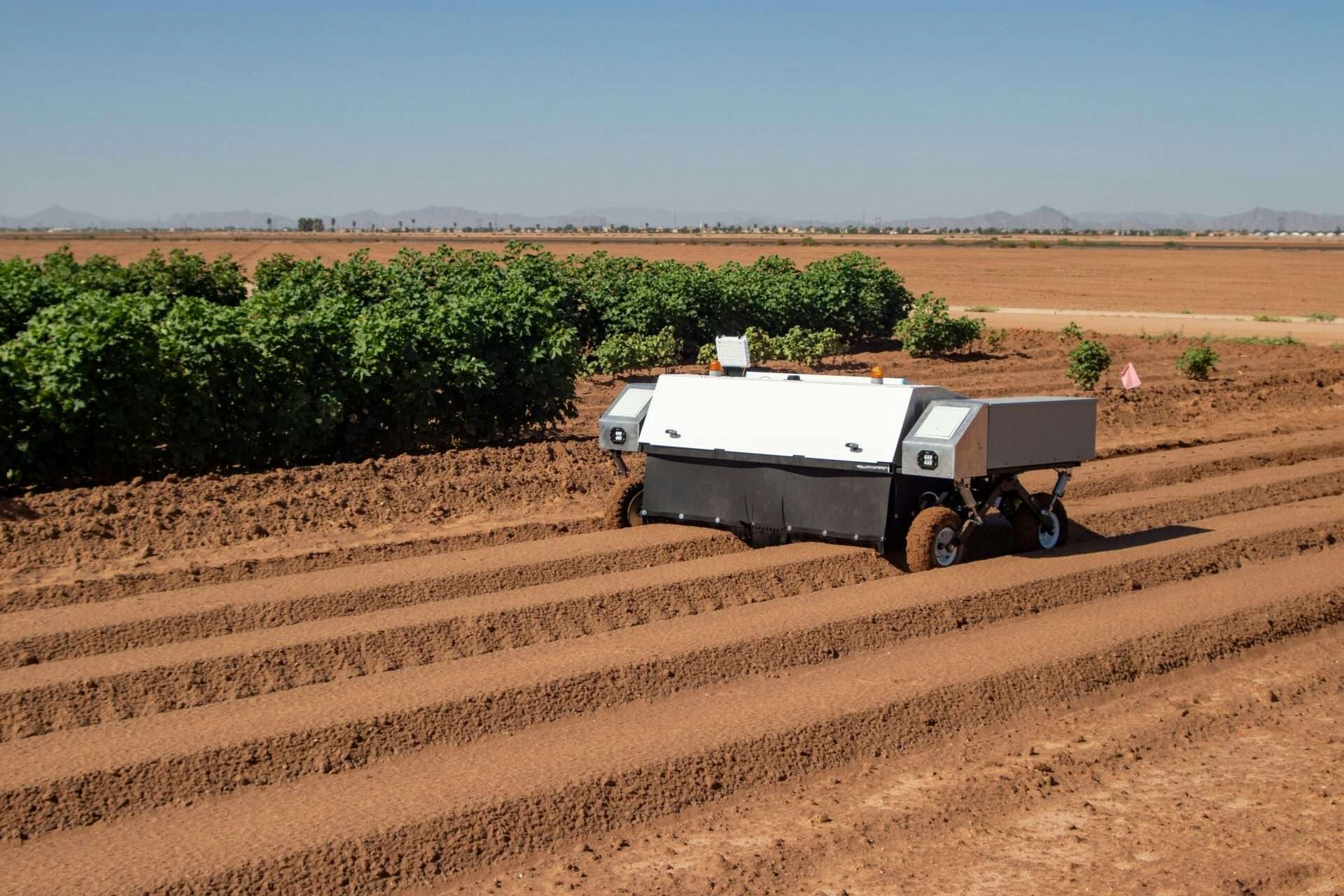
Manufacturing, agriculture, healthcare, and more: each industry needs specific robots and specific solutions to run and control them.
“Robotics for the Real World” provider R2 Labs set out to change that. Their goal is to make modern automation equipment systems more accessible by providing today’s software engineers with a tool that makes interaction and control easier, regardless of the specific application. This “general-purpose controller” had to be programmable with modern languages, extensible, and have the computational power to manage motor control, I/O control, machine vision, and more.

This vision led to the launch of the RAC, a fully integrated ROS 2-native autonomy control solution that supports multi-axis motion control and is able to easily interface with a wide range of sensors and actuators. The device simplifies development with an array of digital and analog I/O, advanced vision processing, and standard connectivity (HDMI, Ethernet, USB). It allows users to effortlessly program with Python® and C++ and control/manage the project with the included interactive web HMI. All in all, the RAC is a game-changing product for control and monitoring – both in robotics and industrial automation applications – based on the Arduino Pro Portenta Machine Control.

Open-source, extensible without vendor lock-in, and capable of providing a host of common functionalities customers need in almost any autonomy application.
With these requirements in mind and previous positive experience using Arduino microcontrollers, R2 Labs decided to develop their project with the Portenta Machine Control. This allowed them to cut down on time-to-market and quickly integrate robust, industrial-grade features – from the dual-core processor that allows for the segmentation of critical sections, to CAN bus support.

Instead of spending huge internal resources on developing their own control unit or going through complex sales processes, they immediately gained access to support, documentation, and high quality products tested by a community of millions.
“We achieved exactly what we were aiming for: a solution well-suited for both modern robotics and industrial automation applications. Thanks to the Portenta Machine Control’s advanced features and Arduino’s prompt support, we can now enable any software engineer to tackle a broad range of applications and solve challenges that are common to most control systems,” says CEO Roby Lynn, who co-founded R2 Labs with Sulisay Phonekeo and Rebecca Peterson.
“We are very proud to be partnered with Arduino, and we absolutely can’t wait to see what the future holds as we continue to grow together."
Rebecca Peterson, co-founder and head of marketing at R2 Labs

R2 Labs is committed to creating modern robotics and control system solutions that champion flexibility and ease of use.
Successful projects such as the development of an AI-powered agricultural robot for Padma AgRobotics – also developed using the Arduino product line – encourage the team to continue pursuing the best combination of versatility and customization, making the range of applications they can tackle almost limitless.
Indeed, this approach will allow them to broaden their horizon to bigger deployments, new customers, and more different industries. Choosing open source is key to this growth path, allowing them to expand their portfolio by focusing on the work they do without constraints.